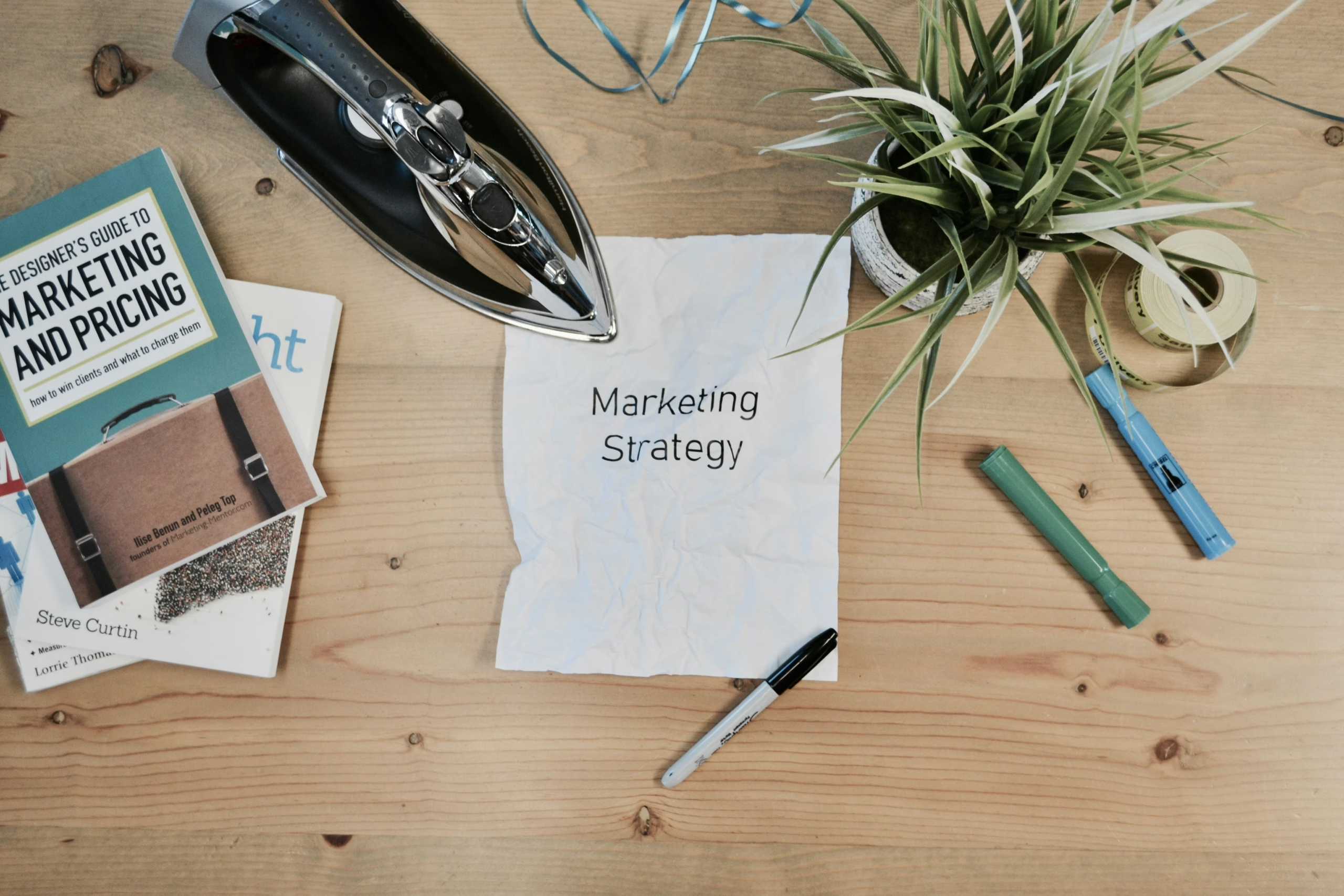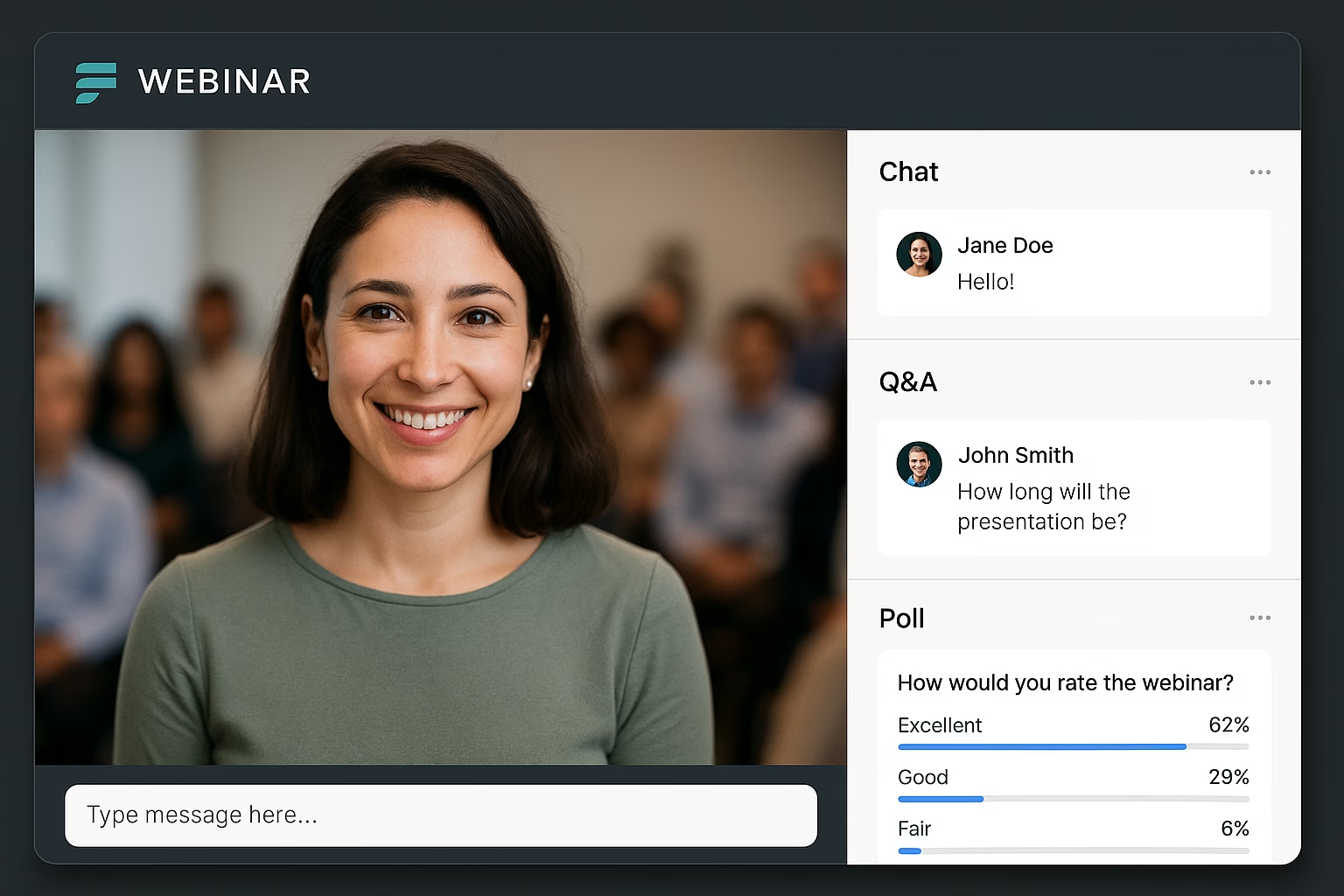By Martin H. Morrissette, Sirocco CMO – Book time with me
Do you ever feel your CRM can’t keep up with your growing business? You’re not alone. Many companies start with basic customer relationship management (CRM) solutions, but as they grow, these systems often become limiting. This post explores when it’s time to upgrade your CRM, why having a clear strategy matters, and how a tech partner like Sirocco can help.
The natural evolution of your CRM needs
Picture a young startup. Their contact list is a simple spreadsheet, with a few phone numbers saved in their phones, and customer interactions are primarily via email. In the early stages, businesses often rely on manual methods to manage customer relationships. These methods might include:
- Manual Methods: Companies may start by keeping customer information in physical files or notepads.
- Spreadsheets & Email Clients: As the business grows, it might transition to using spreadsheets to organize customer data and email clients for communication. This approach works well initially but can quickly become cumbersome as the business expands.
Small businesses often turn to basic CRM tools when the need for more organization and efficiency becomes apparent. At this stage, a free CRM solution perfectly fits their needs. Leading providers like HubSpot and Salesforce offer robust starter plans designed for small businesses.
HubSpot Starter provides essential tools for contact management, email tracking, and live chat, with a user-friendly interface that’s easy to navigate. The free version includes features like deal tracking and basic reporting, making it an attractive option for small businesses just getting off the ground. As your business grows, HubSpot’s Starter plan introduces additional features like meeting scheduling, simple automation, and expanded reporting capabilities for a modest monthly fee. More importantly, HubSpot offers a clear upgrade path to its Professional and Enterprise plans, which include advanced automation, comprehensive analytics, and deeper integration capabilities.
Salesforce Essentials, on the other hand, is another excellent starter CRM. It’s a streamlined version of Salesforce’s full platform, designed for small businesses. Salesforce Essentials offers contact and opportunity management, email integration, and mobile access. It also includes AI-powered insights and customer support tools. For businesses looking to scale, Essentials provides a pathway to Salesforce’s more advanced Professional and Enterprise plans, which bring in enhanced features like custom dashboards, extensive automation, and powerful third-party integrations.
But as your business expands, so does your contact list and the complexity of your sales funnels and marketing campaigns. This is when a basic CRM might start to feel restrictive. You might find that the number of contacts you can manage is capped or that you need more advanced features only available in a paid plan. This common turning point often marks the transition from a starter CRM to a more robust, paid solution. According to recent studies, 64% of companies see CRM technology as impactful, so investing in the right CRM is crucial for your growth.
Common limitations of entry-level CRMs
While starter CRMs like HubSpot and Salesforce Essentials are fantastic for getting started, they have limitations that become apparent as your business scales.
1. Feature Gaps: Basic CRMs often lack advanced features such as sophisticated reporting, marketing automation, and deep integration with other business systems. As your needs grow, you may require features like multi-channel marketing automation, advanced customer segmentation, and custom analytics dashboards—capabilities that starter plans typically don’t offer.
2. Capacity Limits: As your contact list grows, you may hit the ceiling of what your starter CRM can manage effectively. HubSpot’s free plan, for instance, limits the number of marketing emails you can send, while Salesforce Essentials caps the number of users and records you can store.
3. User Experience: Starter CRMs might have simpler interfaces, but as your team grows, the lack of customization and workflow automation can hinder productivity. This can lead to fragmented customer data, making it difficult to get a complete picture of your customer interactions.
4. Integration Challenges: One of the most significant drawbacks is the lack of robust integrations. As your tech stack evolves, you may find that your starter CRM doesn’t seamlessly integrate with the other tools you use, such as advanced marketing platforms, customer service tools, or accounting software.
These limitations can lead to inefficiencies and missed opportunities, signalling that it’s time to upgrade to a more advanced CRM solution. This is where Sirocco’s expertise becomes invaluable.
The importance of strategy in CRM evolution
Upgrading your CRM shouldn’t be a knee-jerk reaction. A successful transition hinges on a well-defined strategy that prioritizes processes before technology. The first step is to define your business goals. What do you want to achieve with your new CRM? Your goals could include improving customer retention, streamlining sales processes, or gaining deeper customer insights.
Before improving your processes, you need to understand them. This involves mapping out your current workflows, identifying bottlenecks and inefficiencies, and determining what needs to change. Once you clearly understand your current processes, you can identify the needs of your users. By gathering input from different departments such as sales, marketing, and customer service, you can better understand their pain points and desired functionalities. This insight will help you choose a CRM that meets the needs of all users. With a clear understanding of your processes and user needs, you can start designing your future workflows. These should be efficient, user-friendly, and aligned with your business goals. Remember, technology should support your processes, not dictate them.
When it comes to upgrading from starter CRMs like HubSpot or Salesforce Essentials to their Professional or Enterprise plans, the process can be complex. You’ll need to optimize your workflows, reconfigure integrations, and ensure that your team is fully trained on the new features. This is where Sirocco’s process-oriented approach shines. We help you not only select the right CRM tier but also ensure that your CRM upgrade is seamless, strategically aligned with your business goals, and fully optimized for your team’s needs.
Finally, a CRM is only as good as the people who use it. Providing comprehensive training to your team ensures they can leverage the full potential of your new or improved CRM. By focusing on processes before technology, you can ensure that your new CRM supports your business goals and meets the needs of your users. This approach helps avoid common pitfalls and ensures a smooth transition to your new CRM. Our Sirocco teams can help you every step of the way.
Choosing the right CRM solution
With a clear strategy, you can now evaluate CRM solutions. Consider scalability: choose a system that can grow with your business. Look for customization options; the CRM should adapt to your specific workflows. Lastly, ensure the CRM integrates seamlessly with your existing marketing automation tools, email platform, and other business applications. We work with many leading CRM solutions including Salesforce, Microsoft, HubSpot, and others. With over 15 years of experience in the CRM business, we have earned the trust of upwards of 300 clients. We would be delighted to help you on your journey to better customer relationship management and sales automation.
Partnering with Sirocco
Transitioning to a new CRM or upgrading an existing one can be complex. A technology implementation partner like us can be your guide. We can help you choose the right CRM solution based on your needs and budget, handle the technical aspects of data migration and system configuration, and provide training and ongoing support to ensure your team uses the new CRM effectively. Companies that implement CRM can see up to a 300% increase in conversion rates. However, less than 40% of CRM customers have end-user adoption rates above 90%, highlighting the need for effective implementation and training. Sirocco is a leading technology implementation partner with a proven track record in helping businesses upgrade their CRM systems. Our team of experts not only helps you choose the right CRM solution but also ensures a seamless transition with minimal disruption to your operations. We provide comprehensive training to your team to ensure they can leverage the full potential of your new CRM. Upgrading your CRM is an investment in the future of your customer relationships. By following a strategic approach and partnering with a technology implementation expert, you can ensure a smooth transition and unlock the full potential of a robust CRM system. The average ROI for CRM is £8.71 for every pound spent, and CRM can increase sales by up to 29%, improve productivity by up to 34%, and boost forecast accuracy by 40%. So, maybe it’s time to take the leap and upgrade your CRM! We offer comprehensive system health checks and ensure your CRM works for you. Contact us today to future-proof your customer relationships and drive business growth.










